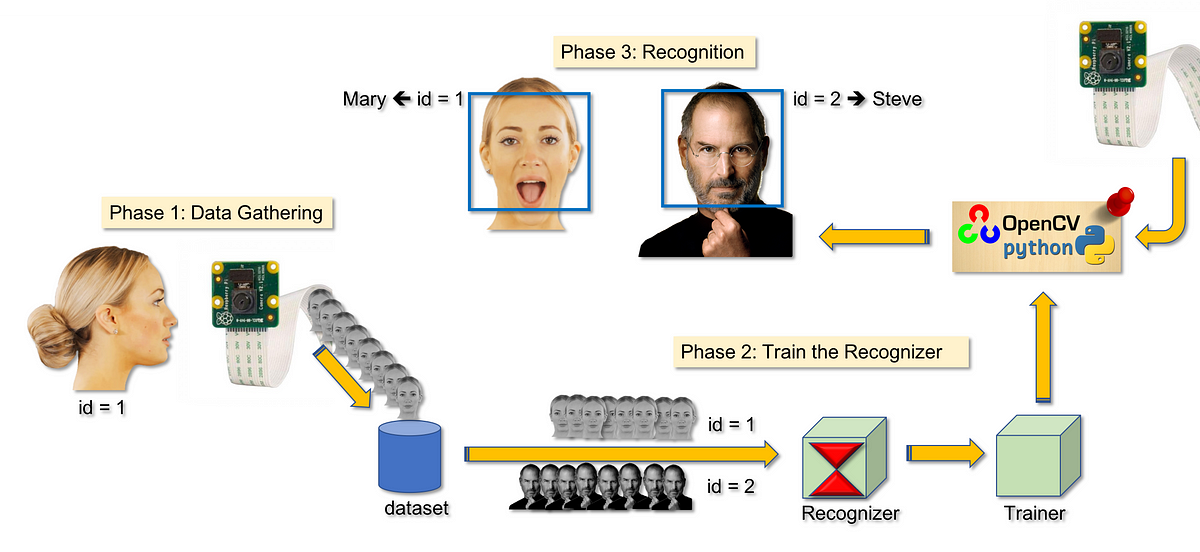
AI-Powered Algorithms Enhance Facial Recognition AccuracyAI-Powered Algorithms Enhance Facial Recognition Accuracy Facial recognition technology has come a long way in recent years, and AI-powered algorithms are playing a significant role in improving its accuracy. These algorithms are able to process vast amounts of data, identify patterns, and make predictions, which can be used to improve the accuracy of facial recognition systems. One of the biggest challenges in facial recognition is dealing with variations in lighting, pose, and facial expressions. AI-powered algorithms can be trained to recognize faces even when they are partially obscured, turned at an angle, or showing different expressions. This is achieved by using techniques such as deep learning, which allows the algorithm to learn the underlying structure of faces and to identify them even when they are not in a standard pose. Another challenge in facial recognition is dealing with large datasets. As the number of people in a database increases, the chances of two people having similar facial features also increases. AI-powered algorithms can be used to cluster faces into groups, making it easier to identify individual faces even in large datasets. In addition to improving accuracy, AI-powered algorithms can also be used to speed up facial recognition systems. By using parallel processing and other techniques, these algorithms can process large amounts of data quickly and efficiently. This makes them ideal for use in real-time applications, such as security and surveillance systems. As AI-powered algorithms continue to improve, facial recognition technology will become even more accurate and efficient. This will open up new possibilities for the use of facial recognition in a variety of applications, such as law enforcement, customer service, and healthcare. Here are some specific examples of how AI-powered algorithms are being used to enhance facial recognition accuracy: * DeepFace: Developed by Facebook, DeepFace is a deep learning algorithm that can recognize faces with an accuracy of 97.35%. DeepFace uses a convolutional neural network to learn the underlying structure of faces and to identify them even when they are partially obscured or turned at an angle. * SphereFace: Developed by the University of Washington, SphereFace is a deep learning algorithm that can recognize faces with an accuracy of 99.52%. SphereFace uses a spherical manifold to represent faces, which allows it to capture the subtle variations in facial features that are important for recognition. * CosFace: Developed by the Chinese Academy of Sciences, CosFace is a deep learning algorithm that can recognize faces with an accuracy of 99.61%. CosFace uses a cosine similarity metric to compare faces, which is more robust to variations in lighting and pose than traditional Euclidean distance metrics. These are just a few examples of the many AI-powered algorithms that are being used to enhance facial recognition accuracy. As these algorithms continue to improve, facial recognition technology will become even more accurate and efficient, opening up new possibilities for its use in a variety of applications.
Posted inNews